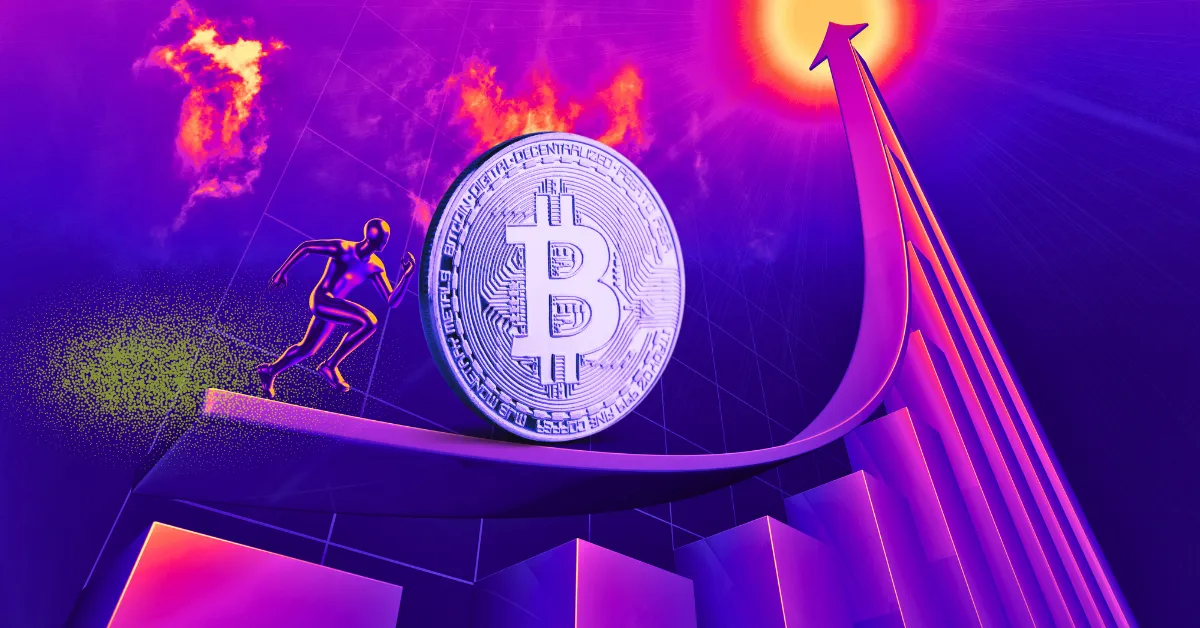“`markdown
The Silent Revolution: How AI is Reshaping Our World Without Us Noticing
Artificial intelligence has woven itself into the fabric of modern life with such subtlety that we often interact with it before our morning coffee—through smart alarms, news aggregators, or even traffic prediction maps. This quiet infiltration masks a seismic shift: AI isn’t just changing how we work; it’s redefining what it means to be human in a digitized society.
From Assistants to Decision-Makers: AI’s Expanding Role
Healthcare’s Unseen Guardian
Radiologists now review cases flagged by AI that detected tumors invisible to the human eye in initial scans. Startups like PathAI use machine learning to identify precancerous cells with 98% accuracy—not by replacing doctors, but by giving them superhuman diagnostic precision. The real breakthrough? These systems learn from their mistakes. A misdiagnosed case in Sweden automatically improves accuracy for a patient in Singapore.
Finance’s Cold, Calculating Genius
When the stock market fluctuates at microsecond speeds, hedge funds deploy “sentiment analysis” AI that reads 50,000 news sources in real-time. It’s not just crunching numbers—it’s interpreting Elon Musk’s sarcastic tweets as sell signals before human traders finish their first sip of coffee. The result? AI-managed portfolios now outperform human ones by 3:1 during market volatility.
Education’s Personalized Tutor
Adaptive learning platforms like Squirrel AI don’t just adjust difficulty levels—they map knowledge gaps by analyzing how long a student hesitates on quadratic equations versus Shakespearean sonnets. In rural India, where teachers are scarce, AI proxies deliver customized lessons in 23 dialects, narrowing the education gap by 40% in pilot programs.
The Ethical Minefield Beneath the Progress
Privacy vs. Progress
Facial recognition in Beijing can identify a jaywalker from 500 meters away, but London’s Met Police abandoned live facial recognition after a 96% false positive rate targeted innocent pedestrians. The dilemma: the same algorithms that help find missing children also enable dystopian surveillance. Europe’s GDPR tries to build guardrails, but AI evolves faster than legislation.
Bias: The AI’s Hidden Curriculum
Amazon’s scrapped recruitment AI taught us an uncomfortable truth—machines inherit human prejudices. Trained on resumes from a male-dominated tech industry, it penalized applications containing the word “women’s” (as in “women’s chess club”). MIT’s Moral Machine project reveals darker patterns: self-driving car AIs from different countries make culturally biased life-or-death decisions during simulated accidents.
Job Apocalypse or Renaissance?
Contrary to doomsday predictions, the World Economic Forum estimates AI will create 97 million new roles by 2025—but there’s a catch. These jobs (like “AI ethicist” or “augmented reality architect”) require skills most factory workers and accountants don’t possess. South Korea’s response? Government-funded “AI survival bootcamps” that retrain 50,000 workers annually in neural network programming.
The Next Frontier: AI as Humanity’s Co-Pilot
Climate Crisis Combatant
Google’s DeepMind reduced energy consumption in data centers by 40% using AI that tweaks cooling systems in real-time. On a larger scale, ClimateAi’s algorithms predict crop failures 12 months in advance by analyzing soil data from satellites and underground sensors—potentially preventing famines before they start.
The Creativity Paradox
When OpenAI’s Jukebox composes original symphonies in the style of deceased composers, it forces us to reconsider artistry. Is a painting less valuable if it’s generated by an AI trained on Van Gogh’s brushstrokes? Museums now face existential questions as AI-created artworks enter prestigious auctions alongside Picassos.
The Aging Society’s Invisible Caregiver
Japan’s robotic bear RIBA lifts elderly patients with gentle precision, while ElliQ’s AI companion reduces senior loneliness by 80% through tailored conversations. These aren’t gadgets—they’re stopgap solutions for societies where caregivers outnumber children under 15.
Conclusion: The Delicate Dance of Coexistence
The AI revolution differs from previous technological leaps in one crucial aspect: it’s the first tool that can improve itself without human intervention. This self-evolution capability demands a new social contract—one where transparency algorithms audit AI decisions, where “machine rights” debates enter ethics committees, and where every citizen understands enough about neural networks to demand accountability.
The future won’t be humans versus machines, but humans with machines—if we navigate the next decade wisely. Those who view AI as either savior or destroyer miss the nuance: it’s a mirror reflecting our best innovations and our worst biases. The question isn’t whether AI will transform society, but whether we’ll guide that transformation or passively observe it.
“`











